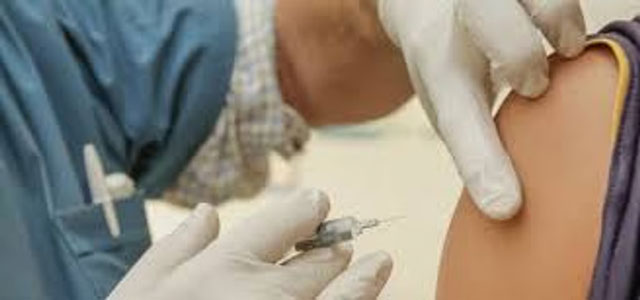Daijiworld Media Network – New Delhi
New Delhi, Aug 2: In the shadow of urban lifestyles and metabolic disorders, hepatitis has silently emerged as a growing threat to liver health in India. Once primarily associated with viral infections, the disease now presents in multiple forms—many of them unnoticed until serious damage is done.
Hepatitis, or inflammation of the liver, is caused by viruses (hepatitis A, B, C, D, and E), alcohol abuse, certain drugs, autoimmune disorders, and increasingly, by metabolic diseases. While hepatitis A and E are typically short-lived and spread through contaminated food or water, hepatitis B and C are chronic and often fatal if untreated—leading to cirrhosis, liver failure, or cancer.

Despite the availability of vaccines for hepatitis A and B, a large number of Indians remain unaware of their infection due to a lack of early symptoms and poor awareness. This delay in detection has contributed to rising liver-related deaths in the country.
India is now witnessing a silent epidemic driven by a combination of viral hepatitis and metabolic dysfunction-associated steatotic liver disease (MASLD)—a condition linked to obesity, sedentary lifestyle, and diabetes. MASLD starts with simple fat accumulation in the liver but can progress to severe inflammation, fibrosis, and cancer.
Compounding the crisis is the quiet spread of hepatitis B and C. Because these infections remain symptomless in their early stages, many patients only seek help when complications like jaundice or gastrointestinal bleeding arise—when the liver is already severely compromised.
However, new diagnostic tools offer a ray of hope. Techniques like FibroScan and liver MRI allow non-invasive early detection, while advanced blood tests like HBsAg, HBV DNA, and HCV RNA PCR help assess viral load and guide treatment. Remarkably, direct-acting antivirals can now cure over 95% of hepatitis C infections within 8 to 12 weeks.
Experts recommend routine screening for high-risk groups, including pregnant women, dialysis patients, healthcare workers, and individuals who received blood transfusions before 2002.
Apollo Hospitals is at the forefront of this liver care revolution. Its multidisciplinary liver clinics bring together hepatologists, infectious disease experts, radiologists, transplant surgeons, genetic counsellors, and nutritionists. With ongoing research into cutting-edge treatments—including stem cell therapy and long-acting antivirals—the hospital is aligning its efforts with the World Health Organization’s mission to eliminate viral hepatitis by 2030.
Doctors urge the public to include liver function tests and hepatitis screening in routine health checkups. As many forms of hepatitis damage the liver silently over time, early diagnosis is the best defence against irreversible harm.
India’s battle against hepatitis is not just medical—it’s a public awareness challenge. And the time to act is now.